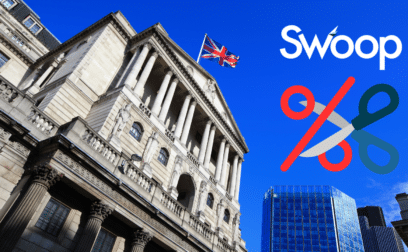Definition
Fixed income, in financial terms, refers to an investment category characterised by regular and predictable payments of interest or income over a specified period.
What is fixed income?
Fixed income is often associated with investments like bonds and other debt securities issued by governments, municipalities, corporations, and other entities.
The term “fixed income” originates from the fact that these investments offer a fixed interest rate or coupon payment to investors at regular intervals, typically semiannually or annually. The interest payments remain constant throughout the life of the investment, regardless of changes in market conditions.
Bonds are the most common type of fixed-income investment. When an investor buys a bond, they are essentially lending money to the issuer in exchange for periodic interest payments and the return of the principal amount at maturity. The interest rate offered by the bond is predetermined and provides investors with a predictable income stream.
Fixed-income investments are often favoured by those seeking stable and relatively low-risk returns. They are considered less volatile compared to other investments like stocks, making them attractive to risk-averse investors and those looking to preserve capital. However, it’s important to note that while fixed-income investments offer stability, they may have a lower potential for capital appreciation compared to higher-risk assets.
In summary, fixed income refers to investments that provide a predictable stream of income through regular interest payments, commonly associated with bonds and debt securities. It offers stability and is commonly chosen by investors seeking steady returns and income.
Types of fixed income
Types of fixed income include:
- Government bonds: Issued by the UK government, these are considered low-risk and offer regular interest payments.
- Corporate bonds: Issued by companies to raise capital, these bonds typically offer higher yields than government bonds due to higher risk.
- Municipal bonds: Issued by local governments or municipalities, these bonds fund public projects and can offer tax advantages.
- Fixed income funds: Pooled investment funds that invest in various fixed income securities, providing diversification and professional management.
- Index-linked gilts: Government bonds where interest and principal payments are adjusted for inflation, protecting investors against inflation risk.
How does inflation affect fixed income?
Inflation can reduce the purchasing power of fixed income investments over time. Fixed income securities typically pay a fixed interest rate, so rising inflation erodes the real value of their interest payments and principal. Investors may find that the income generated from these investments buys less in terms of goods and services. To protect against inflation, investors often consider index-linked bonds or other assets whose returns adjust with inflation. Alternatively, they may diversify into assets like stocks or real estate that historically perform well during inflationary periods, aiming to maintain purchasing power and preserve wealth.
Example of fixed income
Imagine an investor purchases a 10-year government bond with a face value of £10,000 and an annual fixed interest rate of 3%. This bond pays interest annually.
- Face value of bond: £10,000
- Annual interest rate: 3%
The annual interest income from this bond would be calculated as follows:
Annual interest = Face value × Annual interest rate = £10,000 × 0.03 = £300
So, the investor receives £300 in interest income each year for the next 10 years. At the end of the bond’s term, they also receive the initial face value of £10,000.
































 yet? Register here!
yet? Register here!